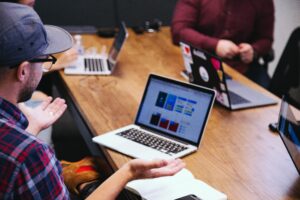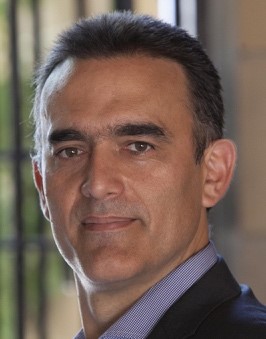Time: 09:00 AM
Location: UTS LX.lab - Building 6 Level 4
We know how important quality feedback is to learning, but we also know how time consuming this can be to provide. Moreover, while the quality and quantity of data traces generated from student activity are growing at an astonishing pace, this is useless if educators don’t have the capacity to make sense of this, and take appropriate, timely action to support students. How do we navigate this tension? This tutorial introduces a learning analytics tool called OnTask, which provides some automation for sending feedback messages, while preserving the educator’s voice.
OnTask is a website that uses data about students’ activities throughout the semester to allow instructors to design personalised feedback with suggestions about their learning strategies. By providing frequent suggestions about specific tasks in the course, students will have a more effective support throughout the experience. https://www.ontasklearning.org
The tutorial is led by Prof. Abelardo Pardo, the chief investigator on an OLT project called OnTask, in which UTS is a partner. (UTS colleagues will be interested to note that it is inspired in part by the work that Jurgen Schulte has been validating here in Science for years, providing hundreds of weekly, personalised feedback emails to students in large classes).
Audience
The tutorial includes a set of hands-on activities with prepared material. Attendees are required to bring their own laptop. The nature of the topic will appeal to any Academic, Tutor, Learning Designer or Learning Technologist interested in improving the timeliness and relevance of feedback and support for their students, and to researchers and practitioners in the areas of learning analytics and educational data mining. This is particularly relevant for large cohorts of students. Moreover, since this is a tool with wide applicability, we welcome any colleagues who are interested in the use of analytics to communicate personally with online communities.
No technical knowledge is assumed, just bring what you already know about how you differentiate students and what kinds of feedback you would give them – if only you had the time to sit down personally to chat!).
Objectives
The objectives of the tutorial are to:
- Use exploratory data analysis to summarize data sets derived from a learning experience.
- Identify student support actions to be deployed while the experience is being delivered.
- Define a set of low latency actions (those reaching students within a day) that are personalized to each student.
- Express the connection between data and actions in a formalism suitable to be deployed at scale.
- Use the OnTask tool to provide personalized feedback at scale.
The emphasis of this session is not on using concrete data-mining methods, but on articulating the connection between the insights gained from those tools and specific actions to support students.
A brief introduction to the OnTask tool is this demo movie: https://youtu.be/uDNCif9JhO8 but we will of course be stepping through this much more slowly in the tutorial.
Agenda
- The case for using data to provide personalized feedback to students (45 minutes).
- Scenario 1: Providing feedback on automatically graded assessments (45 minutes).
- Scenario 2: Encouraging student engagement in real time based on predictive models (45 minutes).
- Scenario 3: Articulating personalised conversations guided by data (45 minutes).
Coach
Abelardo Pardo is Professor and Dean Academic at the Division of Information Technology, Engineering and the Environment at the University of South Australia. He has a PhD in Computer Science by the University of Colorado at Boulder. His areas of research are learning analytics, software for collaborative and personalized learning, and technology to improve the student experience and teaching practice. He is also research fellow at the LINK Research Lab (The University of Texas at Arlington) and Vice-President of the Society for Learning Analytics Research (SoLAR).
Lunch included. Click on ‘Tickets’ button above or ‘Register’ link below to attend.
Please make sure to bring your own laptop.

